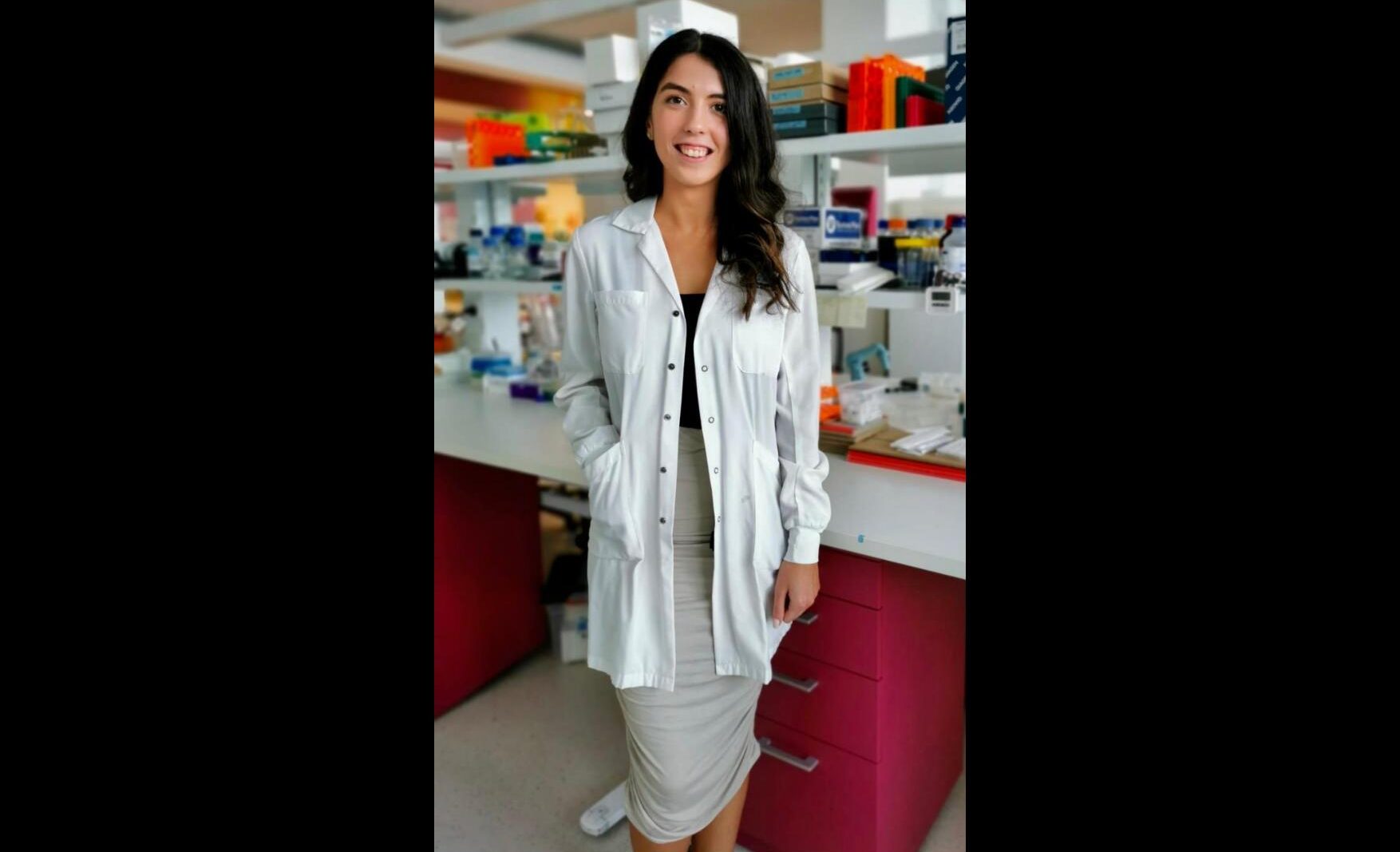At The National Centre for Asbestos-Related Diseases (NCARD), we celebrate the remarkable achievements of Dr Nicola Principe, who recently completed her PhD. This marks a significant milestone in her promising career in medical research.
Nicola’s journey with NCARD began in 2018 with her Honours degree. Her early experiences at NCARD, where she was mentored by experts like Dr Jonathan Chee, Dr Alison McDonnell, Dr Joost Lesterhuis, and Prof Anna Nowak, laid a solid foundation for her future accomplishments.
“I joined NCARD to complete my Bachelor of Biomedical Science (Honours) because I wanted to pursue a career in cancer research, but I also loved immunology (particularly T cells!). NCARD offered the best of both worlds! I was so excited when Dr Jonathan Chee accepted me as his student to complete my Honours as he is an amazing T cell immunologist. I had a fantastic year, learning so much from both the clinical researchers as well as wet lab researchers. I enjoyed my project and the NCARD team so much that I decided to continue my project into a PhD,” shared Nicola.
In her PhD thesis, titled “Harnessing Favourable Anti-Cancer T Cell Immunity to Maximise Chemo-Immunotherapy Combinations,” Nicola delved into the complexities of cancer immunology. Her research, supported by the UWA Richard Walter Gibbon Medical Research Scholarship, Graduate Women WA Open Scholarship, Australian and New Zealand Society for Immunology Postgraduate Career Advancement Award and a top-up scholarship from the Cancer Council of Western Australia has significantly advanced our understanding of mesothelioma, a major health challenge in Western Australia. Nicola’s impressive research output for such an early stage in her career, including peer-reviewed articles and reviews, reflects the depth and breadth of her work in the field of cancer research.
Beyond her academic achievements, Nicola’s contributions to the scientific community have been multifaceted. She co-founded the ‘Kindness in Science’ initiative at NCARD, promoting collaboration and compassion in scientific endeavours. Her commitment to education and knowledge dissemination was evident in her role as a teacher at the Harry Perkins Biodiscovery Centre, where she inspired high school students with her passion for science.
Nicola’s leadership skills shone through her active participation in various committees, including the QEII Medical Centre and WA Australian Society for Immunology (ASI) branch committees, and her role as a student representative for the UWA School of Biomedical Sciences. These roles highlight her dedication to fostering a collaborative and supportive research environment.
As she steps into the next phase of her career, Dr Nicola Principe represents the promising future of medical research and the study of asbestos-related diseases. Her progression from a promising student to a respected researcher highlights the potential and impact of early career researchers in driving scientific inquiry and innovation. Nicola’s commitment to her research and her contributions to the field underscore the importance of nurturing new talent in the scientific community. Please join us in congratulating Nicola on her achievement.


